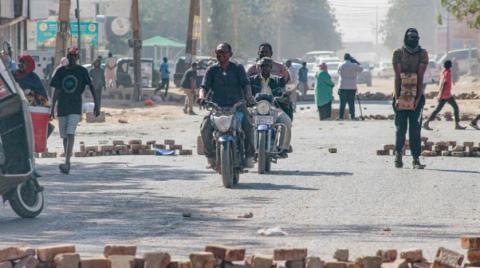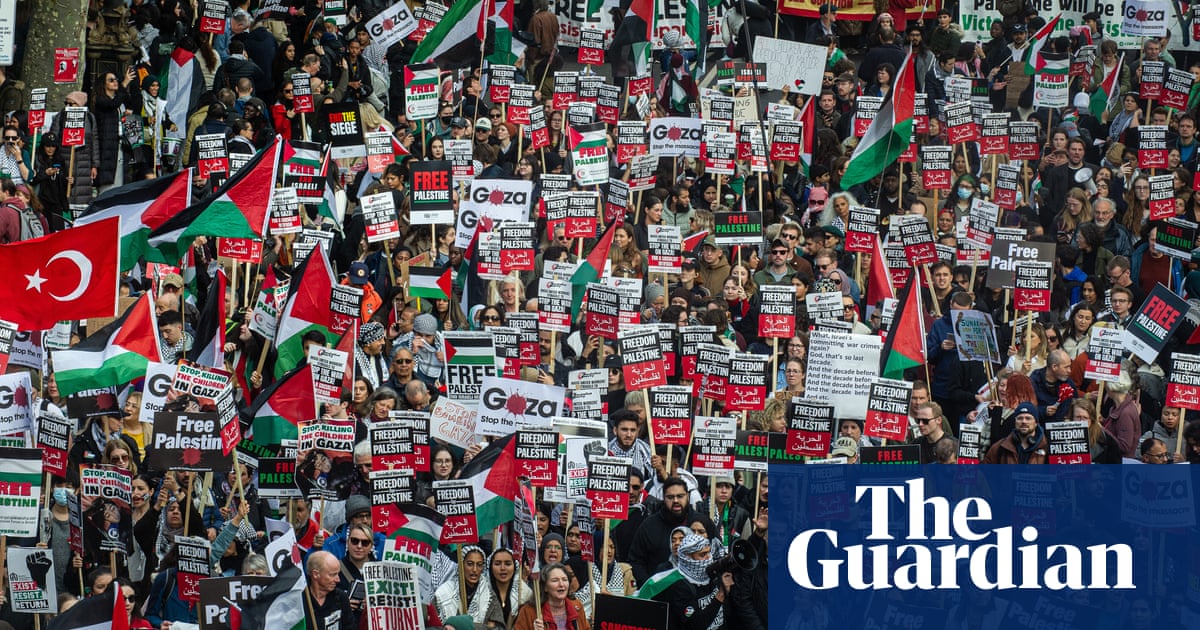
Protesters marching on the presidential palace in Khartoum Thursday scuffled with Sudanese police as anti-government rallies in the African country spread to other cities and towns.
Protesters chanting "Freedom, peace, justice" had gathered in central Khartoum and began their march but riot police quickly confronted them with tear gas, witnesses told AFP.
Hundreds of demonstrators aged in their 20s and 30s gathered in the back streets around the presidential palace, calling for a peaceful uprising and ouster of President Omar al-Bashir, while men in civilian clothing carrying assault rifles — some wearing face masks — blocked the main approaches, activists said.
Videos posted online showed several marches in the hundreds across the country, with activists claiming nearly 2,000 demonstrators were in central Khartoum and two dozen of its neighborhoods held their own protests. They also circulated photos showing several demonstrators purportedly injured by live fire.
Security forces arrested several journalists near the palace who were reporting on the march, they added, while police fired tear gas to disperse crowds elsewhere in the citys central Arab Market area.
People also took to the streets in the Red Sea city of Port Sudan, in the provincial town of Gadaref and in the agricultural hub of Atbara, where the first protests broke out on December 19 after the government tripled bread prices.
The protests have since escalated into broader demonstrations against Bashirs three decades of iron-fisted rule that have triggered deadly clashes with the security forces.
Sudan has suffered from a chronic shortage of foreign currency since the south broke away in 2011, taking with it the lions share of oil revenues.
That has triggered soaring inflation that has seen the cost of food and medicines more than double, and frequent shortages in major cities, including Khartoum.
The Sudanese Professionals Association that is spearheading the anti-government campaign said the response to Thursdays call for protests had been "above expectations," adding that six people had been wounded.
"We are calling on the international community to protect peaceful demonstrators as we fear the authorities will use more violence," Mohamed Al-Asbat, a spokesman for the association told AFP by telephone from Paris.
The Association, an umbrella group of unions representing doctors, teachers and engineers among others, has stepped into the vacuum created by the arrest of many opposition leaders.
More than 1,000 people including protesters, journalists, opposition leaders and activists have been arrested in a sweeping crackdown by security agents since the protests erupted.
The protesters accuse Bashirs government of mismanagement of key sectors of the economy and of pouring funds into a military response Sudan can ill afford to rebellions in the western region of Darfur and in areas near the border with South Sudan.
Bashir has blamed the violence during the demonstrations on "conspirators" working against the interests of the country, without identifying them.
He has dismissed calls for his resignation but acknowledged the country faces economic problems for which a slew of reforms were being planned.
UN High Commissioner for Human Rights Michelle Bachelet on Thursday condemned Sudans "repressive response" to the anti-government demonstrations.
Officials say at least 24 people have died, but human rights groups have given a higher toll.
Amnesty International said last week that more than 40 people had been killed and more than 1,000 arrested.
Human Rights Watch said the dead included children and medical staff.












